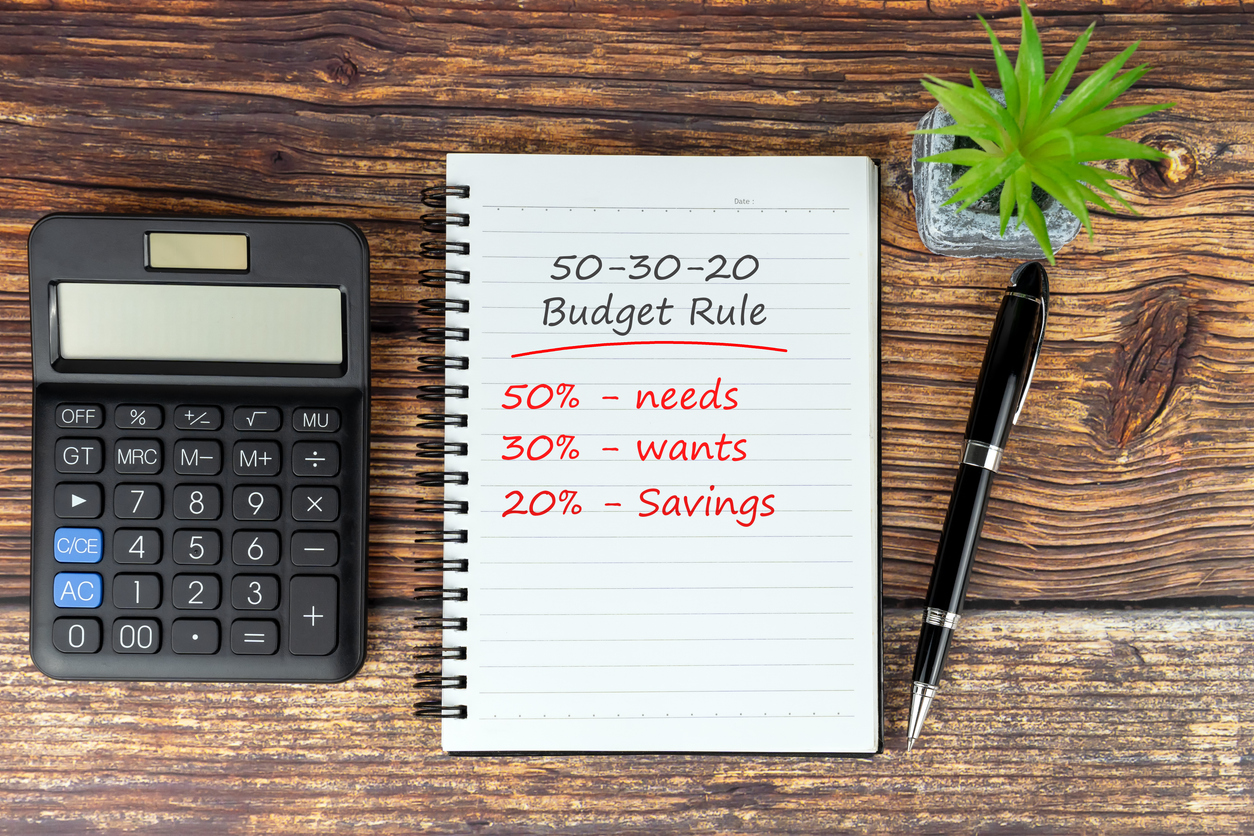Steph Davidson explains why taking time off or taking a break boosts your mental and physical health.
Not taking time off from work has become the norm for far too many people.
Stats for the last couple of years are a little skewed since we all had to embrace the solitude of the pandemic, and travel was a no-go. However, in 2018, 55% of the people polled in a US Travel Association study said they didn’t take all of their paid leave.
Taking Time Off And The Positive Benefits To Your Health
Wellness | 4th December 2022 by Steph Davidson
Steph Davidson from FelixForYou.ca explains why taking time off or taking a break boosts your mental and physical health.

Not taking time off from work has become the norm for far too many people.
Stats for the last couple of years are a little skewed since we all had to embrace the solitude of the pandemic, and travel was a no-go. However, in 2018, 55% of the people polled in a US Travel Association study said they didn’t take all of their paid leave.
This is a huge amount of vacation time that isn’t being taken, and a large number of people that aren’t getting the time off that they need to recharge. Working too hard for too long without a break has been clearly linked to severe mental and physical conditions that can lead to illness or even death.
The Impact Of A Short Vacation
The truth is, you don’t need to take a long vacation to see a difference in your health. A few long weekends throughout the year where you get outside and spend some time in nature can be enough to give a positive outcome.
When you make time to take time off, you’ll enjoy numerous benefits, including the following:
Reduce anxiety, stress and depression
Constant pressure from work with no downtime will inevitably lead to negative emotional and psychological consequences. When you take a short break from the pressure, you’ll have a proper chance to recharge your mind and body, thereby reducing your risk of developing depression or suffering from anxiety attacks.
Just taking short, regular breaks throughout the year can improve your overall well-being. A few days of holiday where you focus on relaxing and spending time with people you care about will have a positive impact that can last up to five weeks afterwards.
Decrease your risk of heart-related issues
Illnesses like heart disease, heart attacks, high blood pressure and strokes are all common side effects of prolonged stress with no break. The more regular your breaks, the more your body has time to repair itself. If you only go on holiday every two years or more, your body has to do a lot of healing in a relatively short space of time.
Improved mental motivation
When you take proper breaks away from your work and spend time relaxing and recharging, you’ll be amazed at how much easier it is to get motivated for work when you come back to it. Your brain will be able to function better—improved memory and quicker problem-solving are two benefits.
With better productivity and a more positive attitude towards work, you’ll be more inclined to want to go to work. This certainly helps to improve your overall well-being.
Better interpersonal relationships
A major element of life that suffers when you’re going through prolonged periods of tension is your interpersonal relationships. People tend not to make time for loved ones because they’re completely focused on work and struggle to switch off from work when they’re with those loved ones.
It’s a vicious cycle that can only be broken through taking time off from work and what’s causing you stress.
You’ll also find that taking time off and reducing your risk of becoming depressed will help you to want to spend time with the people you care about. The more you focus on downtime and balance in your life, the better and stronger those relationships will become.
Tips for a better work-life balance in between vacations
Of course, taking time off from work is not always possible. Or you may find that you get strung out or ill because your planned breaks are too far apart. This is when it’s important to focus on your downtime when you aren’t working.
Switch off work notifications after hours
We’re all supposed to be taking breaks from work every day and on the weekends. Unless you work a job where you have to be on call for after-hours shifts, you should detach from work properly each day.
Switch off your computer and turn off notifications on your phone for work emails and work chat groups or apps.
Focus on your hobbies on the weekend
Your weekends should be about doing the things that bring you joy and allow your brain time to recharge. Even if you’re exhausted from a long work week, you’ll likely find that taking time to go for that hike, work on that puzzle, or crack open the art supplies will help you to feel less exhausted.
You’re doing something to feed your soul rather than focus on work and stressing about deadlines or jobs that need attending.
Take planned breaks during your workday
During the day at work, you also need to detach from your job from time to time. Simply getting out of the office or wherever it is that you work and sitting in a nice spot for some or all of your lunch break can be enough to energize you for the rest of the day.
There has also been a lot of research into the concept of microbreaks—short timeouts of just a few minutes that you plan throughout your day to help you to refocus and destress. It’s well known that most people struggle to concentrate on one task for longer than 90 minutes at a time. Planning microbreaks every hour and a half can help you to stay on task.
Time off is the key to better health & wellbeing
There is no glory in working so hard that you experience burnout or end up suffering from a serious illness. Taking time to relax, recharge, and reevaluate your life is vital to your mental, physical, and emotional well-being.
Even a short solo vacation or a few days off to make a long weekend at home can be enough to break the cycle of stress and tension. Do this at least three or four times a year, and you’ll likely see a huge improvement in your outlook on life.
Share this post:
Hear from Solo Living now and then by signing up to our mailing list





















